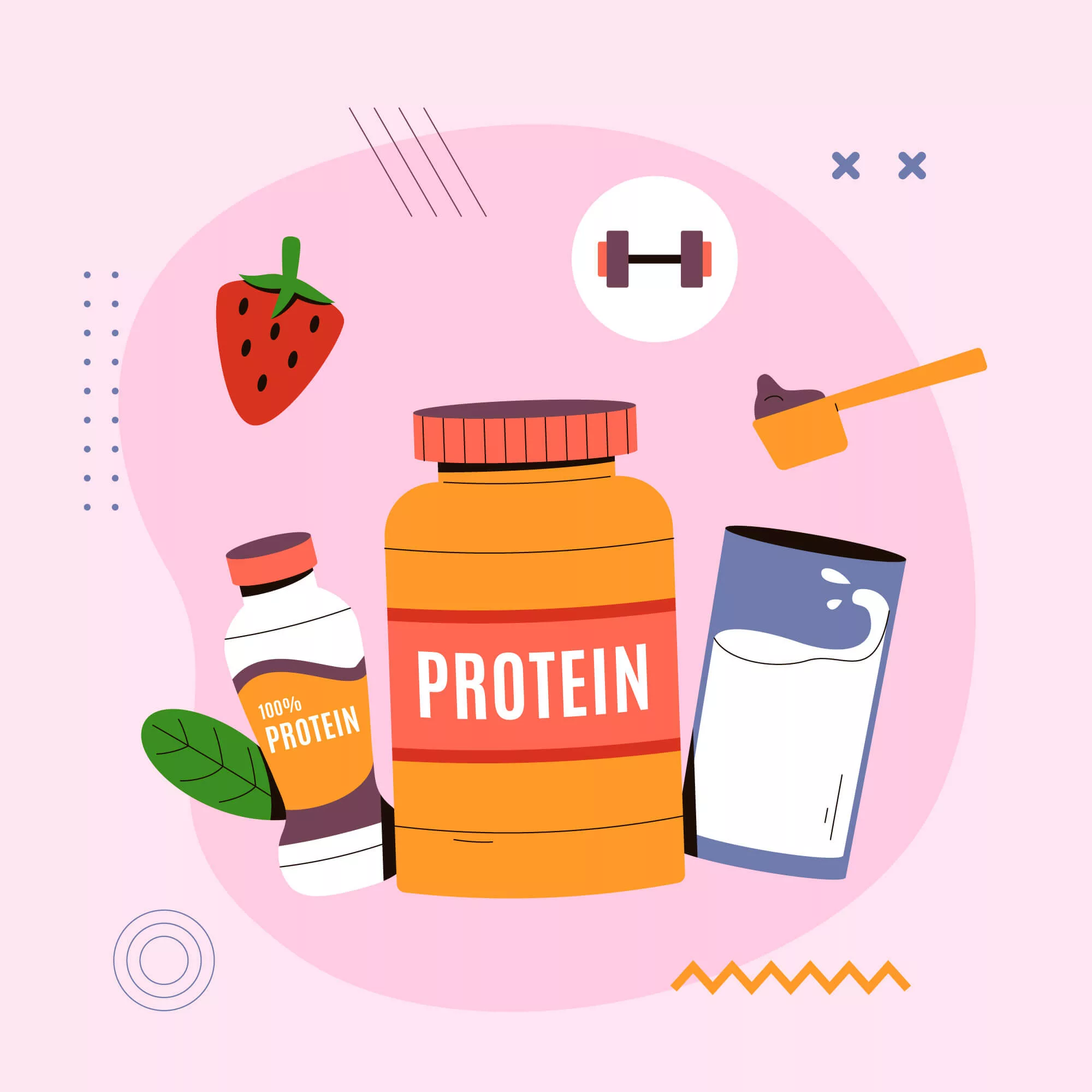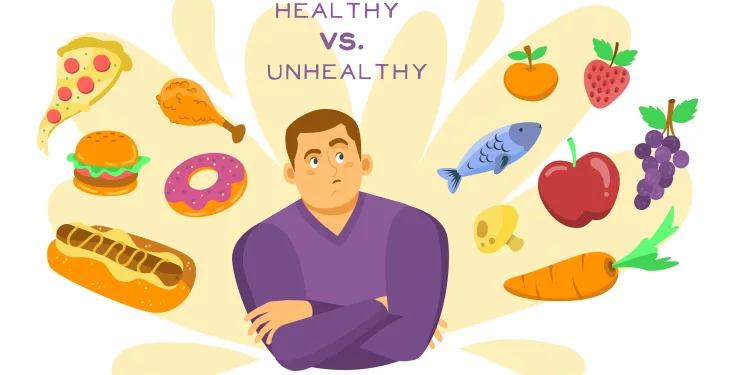It has long been said that we are what we eat. Different names throughout history have been credited with that now-famous notion, but they’re all equally accurate. Our bodies process the foods we consume and use them to keep bodily functions going. In this article, we’ll explore how our diet affects our health and look at some of the essential nutrients we need to thrive. From protein and fresh fruits and vegetables to fats and carbohydrates, we’ll break down what our bodies need through a nutrition consulting tutorial.
Of course, some foods are better sources of essential nutrients than others. Certain foods provide little more than empty calories and temporary, misleading bursts of energy. Maintaining a healthy diet is crucial for many reasons.
It’s no secret that our diet plays a significant role in our overall health and well-being. However, with so much conflicting information out there, it can be challenging to know what to eat and what to avoid. Some diets advocate for cutting out entire food groups, while others promote overconsumption of certain nutrients. So, what should we be eating to stay healthy?
And if you’re feeling overwhelmed or confused by all the nutritional advice out there, we’ll also discuss how working with a nutrition coach can help you make sense of it all and create a healthy, sustainable eating plan.
How Does Diet Affect Our Health?

Diet has a significant impact on wellness, and this is a multifaceted concept. Proper nutrition can help keep a person healthy and happy, whereas a lack of essential vitamins, minerals, proteins, healthy fats, and other compounds has quite the opposite effect. Speaking with a nutrition consultant can help people maintain proper nutrient intake and reap the full rewards of doing so. Consider some of the main ways nutrition influences people’s health.
The importance of proper nutrition for our overall health and well-being cannot be overstated. By ensuring we consume the right amounts of essential nutrients, such as protein, fresh fruits and vegetables, healthy fats, and carbohydrates.
Proteins

Proteins play several roles in the human body. They’re primary components of muscles and connective tissues as well as other parts of the body. Our bodies use proteins to create various tissues and generate healthy new cells to keep them in optimal shape.
Studies show that proteins also foster the immune system and give us energy, to name a few of their benefits. Consuming the right amounts of proteins from the proper sources is vital. Eggs, dairy products, lean meats, poultry, nuts, and some types of beans and grains are high in protein while being comparatively low in fat and calories.
Fresh Fruits and Vegetables

Fresh fruits and vegetables are valuable sources of many of the vitamins and minerals the body needs to stay healthy. Recent reports indicate that most people don’t consume nearly enough of these foods. The recommended daily intake of fresh vegetables is two or three cups. Adults are advised to consume about two cups of fresh fruits as well.
It’s important to mention that cooking these foods can destroy much of their nutritional value, and processed fruits and vegetables aren’t nearly as healthy as fresh ones. As such, eating them in raw form when possible is best. That’s one of the reasons smoothies are so highly acclaimed. They make it simpler for people to take in the right amounts of fruits and vegetables while keeping their inherent nutrients intact.
Fats and Carbohydrates

Fats and carbohydrates are a touchy subject. They’re very much a point of contention among different circles. Some diet plans strictly forbid them, while others seem to recommend binging on them at times. From a general perspective, neither approach is advisable. People should take in fats and carbohydrates in moderation and ensure they get them from the healthiest sources.
Saturated fats are unhealthy, whereas unsaturated fats can be helpful. They’re necessary for keeping the heart, brain, and other organs healthy. They can help with cholesterol regulation and keep inflammation at bay as well. Carbohydrates can give us quick bursts of energy and provide a reserve to draw from as needed. They also aid in regulating blood sugar levels.
Staying Healthy with Proper Nutrition

Those are only a few of the nutritional factors that should be taken into account for optimal well-being. Determining which sources are the most effective and how much of each type of nutrient is necessary aren’t simple feats, though. With so much misinformation in circulation, proper nutrition is becoming increasingly unclear. Consulting a nutrition coach can help clear up much of the confusion and pave the way for a healthy lifestyle and existence.
Conclusion
Our diet has a significant impact on our health and well-being. By consuming the right nutrients in the right amounts, we can maintain a healthy weight, reduce our risk of chronic diseases, and improve our mood and energy levels.
And if you’re feeling overwhelmed or confused by all the conflicting advice out there, a nutrition coach can help you make sense of it all and create a sustainable eating plan for long-term mental health and wellness.
We can maintain a healthy weight, reduce our risk of chronic diseases, and improve our mood and energy levels. However, with so much conflicting information out there, it can be challenging to know what to eat and what to avoid.
That’s where a nutrition coach can come in handy, providing personalized guidance and support to help you achieve your health and wellness goals. So, let’s prioritize our nutrition and take steps towards a healthier, happier life.

